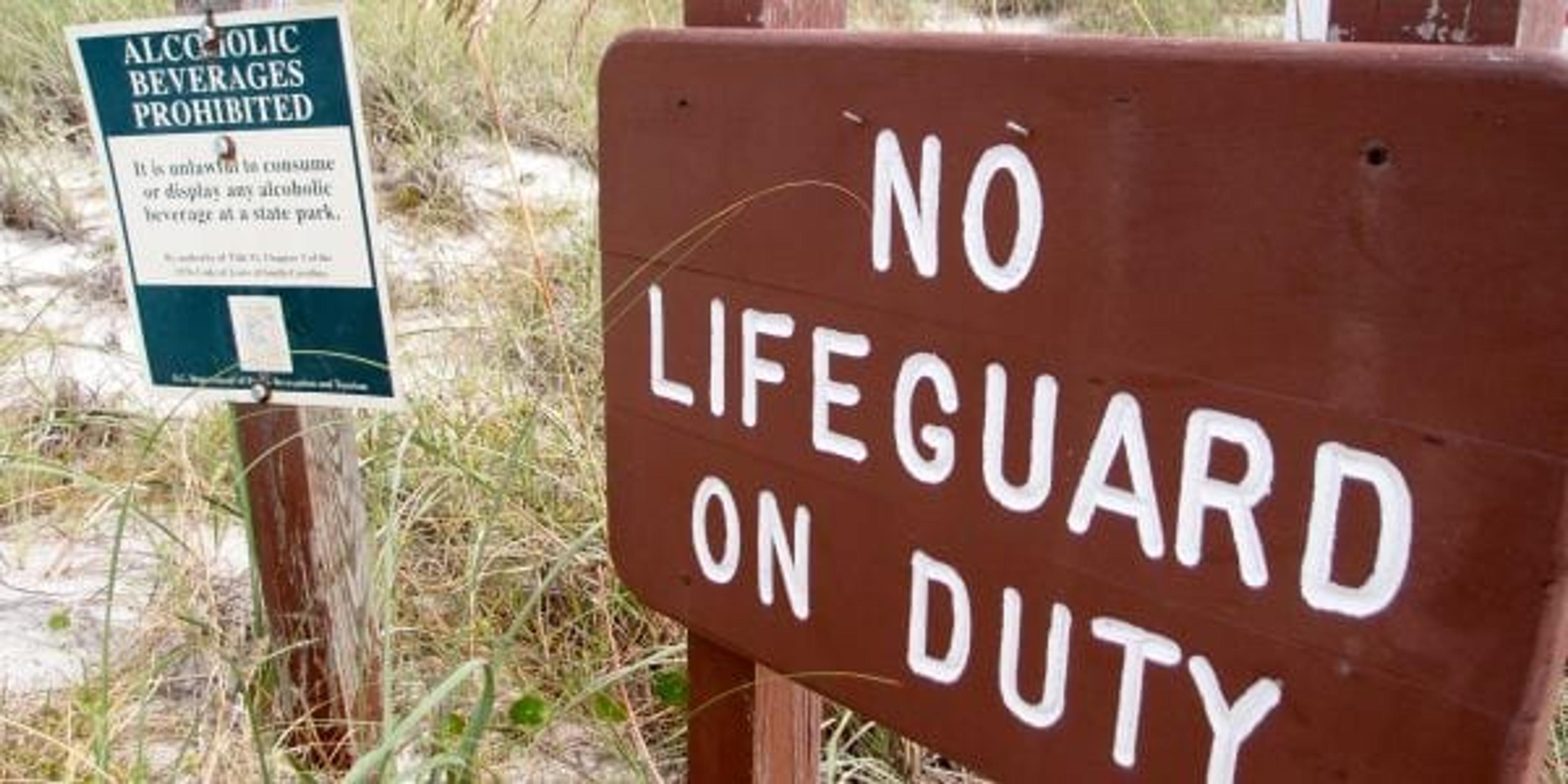June is National Safety Month: Be safe this summer

Niccole LaDue
| 3 min read

Summertime…A joyous season filled with sunny days at the beach, pool parties and barbecuing, but it’s not always all fun and games. Every year, approximately 1.3 million people are diagnosed with skin cancer and, in 2010, 3,600 people lost their lives in drowning incidents. Education is the key to prevention. Here are some tips to have fun while protecting yourself and others from the dangers that come with summer.
Sun Safety
Reduce your risk of skin cancer by practicing sun safety and avoiding indoor tanning booths. Follow these tips to protect your skin.
- Avoid the sun between 10 a.m. and 4 p.m. This is when the sun’s rays are the most intense.
- Seek shade and cover up with protective clothing, which includes long sleeves, wide-brimmed hats, and sunglasses.
- Use sunscreen with an SPF of 30 or higher and remember to reapply at least every 2 hours. Also reapply after swimming, sweating and toweling off.
- Avoid indoor tanning all together. There is no such thing as a healthy “base tan.”
Check out this article from Consumer Reports highlighting the most effective sunscreens.
Water Safety
According to the National Safety Council, children four years old and younger have the highest death rate due to drowning. Incidents most often occur when unsupervised children fall into a pool or is left alone in the bathtub. Keep the whole family safe with these tips.
- Never leave a child alone near water.
- Always swim with a buddy – never alone.
- Take swim lessons – everyone should have swimming skills.
- If you own a pool, be sure to be trained in infant, child and adult CPR. Organizations such as the American Red Cross offer many certification programs.
- Avoid alcohol use. Alcohol impairs judgment, balance, coordination, swimming skills and reduces the body’s ability to stay warm.
- Always use approved personal flotation devices.
- Never underestimate the power of water.
Heat Safety
Heat is one of the leading weather-related killers in the United States. Michigan summers are often hot and humid, which means extra caution is needed. It’s important to know the symptoms of heat-related illness and what to do in case of an emergency. Use these tips to reduce the risk of experiencing heat-related illness.
- Never leave children, disabled adults or pets in parked vehicles.
- Avoid strenuous outdoor activity during the hottest part of the day. If you are unable to do so, take plenty of breaks, stay hydrated and take advantage of shaded areas.
- Wear lightweight, light-colored clothing to reflect heat and sunlight.
- Drink plenty of decaffeinated, non-alcoholic fluids – even if you don’t feel thirsty. Staying hydrated is key to staying cool and preventing heat-related illness. *If you have epilepsy, heart, kidney or liver disease, are on a fluid restrictive diet, or have problems with fluid retention talk to your doctor before consuming excess fluids.
- Stay in air-conditioned buildings when possible – especially during periods of prolonged heat waves.
Following these tips can help keep you and your family safe while you’re out there enjoying your summer. What are some of your summer safety tips? Comment below and share them with us!!
Keep checking A Healthier Michigan for more useful safety tips throughout the month of June.
If you enjoyed this post, you might also like:
Photo Credit: Myrtle Beach TheDigitel





